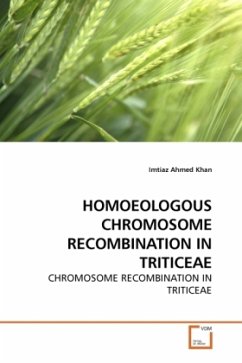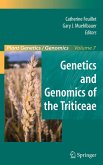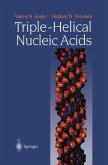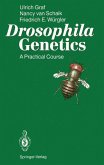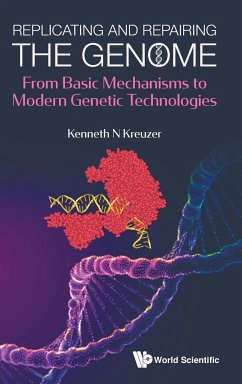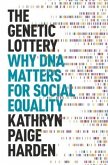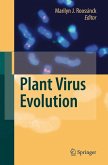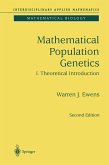Attempts to transfer useful alien genetic material into wheat initially involved substitution of alien chromosome from the alien species into wheat genome. Most of these wheat derivatives have had limited use in practical breeding because of the linked undesirable genes on the alien segment which resulted in the loss of yield and/or quality of the recipient wheats. The amount of alien genetic material in these lines can be reduced by induction of allosyndetic recombination. In the earlier studies, cytological and / or biochemical procedures were used to detect and isolate the wheat-alien recombinant chromosomes. Because of large amount of time and effort required and the limited resolving power of the techniques, these procedures though used successfully by the pioneer workers have not proved very efficient for the identification and isolation of such recombinants. During present work, DNA based Co-dominant markers (RFLPs) were used for isolation and characterization of wheat-Ag.intermedium recombinant chromosomes. Pattern of homoeologous chromosome recombination was compared with homologous recombination in Triticeae.

